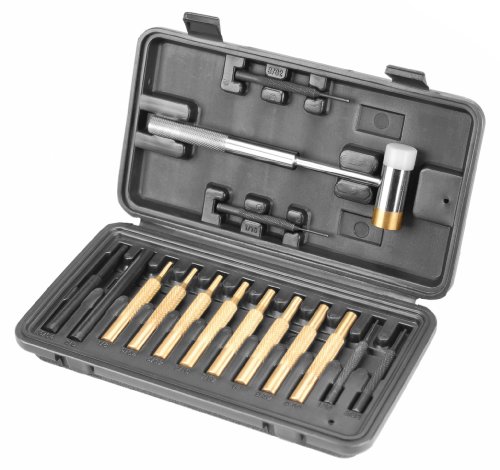The body's internal clock helps to regulate a water-storing hormone so that nightly dehydration or trips to the toilet are not the norm, research suggests.
world of warcraft power leveling,
In an article published in Nature Neuroscience today,world of warcraft power leveling neurophysiologists Eric Trudel and Charles Bourque at the Research Institute of the McGill University Health Centre in Montreal, Canada, propose a mechanism by which the body's circadian system, or internal clock, controls water regulation1. By allowing cells that sense water levels to activate cells that release vasopressin, a hormone that instructs the body to store water, the circadian system keeps the body hydrated during sleep.
world of warcraft gold,
"We've known for years that there's a rhythm of vasopressin that gets high when you're sleeping.world of warcraft gold But no one knew how that occurred. And this group identified a very concrete physiological mechanism of how it occurs," says Christopher Colwell, a neuroscientist who studies sleep and circadian rhythms at the David Geffen School of Medicine at the University of California, Los Angeles.
maple story mesos,
The body regulates its water content mainly by balancing water intake through thirst with water loss through urine production.maple story mesos People don't drink during sleep, so the body has to minimize water loss to remain sufficiently hydrated. Scientists knew that low water levels excite a group of cells called osmosensory neurons, which direct another set of neurons to release vasopressin into the bloodstream. Vasopressin levels increase during sleep; clock neurons, meanwhile, get quieter.
2moons dil,
Trudel and Bourque tested the idea that lower clock-neuron activity might allow osmosensory neurons to more easily activate vasopressin-releasing neurons,2moons dil which would mean more water retention and less urine production during sleep.
To do this, they isolated thin slices of rat brain containing intact sensory, vasopressin-releasing and clock neurons. Even when removed from the brain, clock neurons continue to mark time.
The duo then stimulated the sensory neurons and recorded any electrical activity in the vasopressin-releasing neurons to monitor communication between the two cell groups. The researchers then moved on to look at the effect of the clock cells on this pathway. When they did not activate the clock cells during the 'sleep' part of their cycle, it was easier for the sensory cells to communicate with vasopressin-releasing cells. Conversely, when they activated the clock cells, this communication decreased markedly.
wedding dresses,
The results suggest that clock cells function as a dimmer switch for water control.wedding dresses When their activity is high, they prevent sensory cells from instructing secretory cells to release vasopressin. Then, when clock cells are less active, sensory cells can easily instruct secretory cells to release vasopressin, ensuring that the body holds on to its water reserves.
Colwell points out that the study was done in rats, which are nocturnal. Although the vasopressin cycle and clock-neuron activity are similar in rats and humans, the question of whether the same mechanism occurs in animals that sleep at night remains to be answered.
fast wow gold,
"We show this for this one circuit,fast wow gold but it's possible that clock neurons regulate other circuits in a similar manner and this remains to be studied," says Bourque. He speculates that future studies might reveal whether the same mechanism regulates hunger, sleepiness and other aspects of physiology related to circadian rhythms.





















